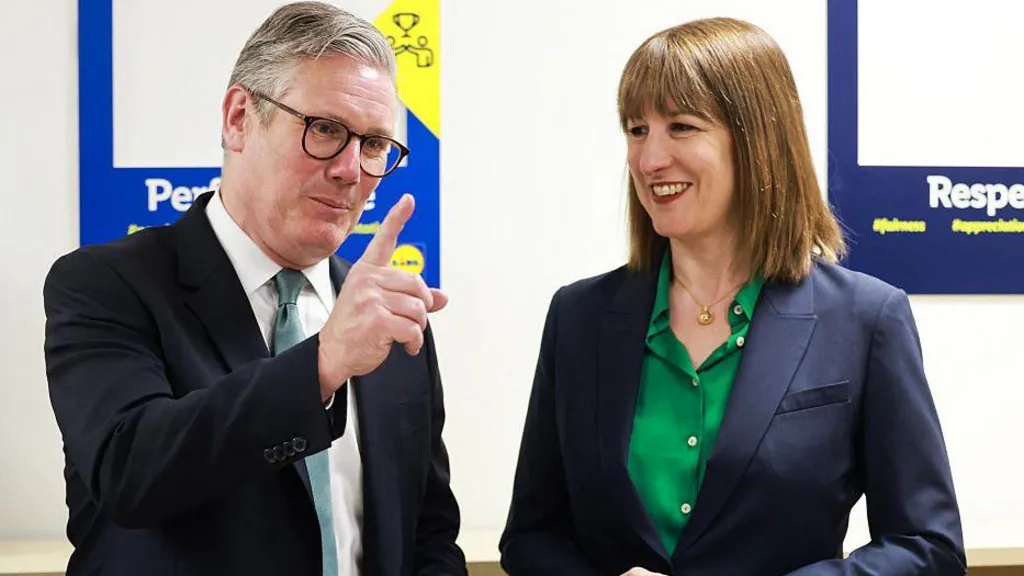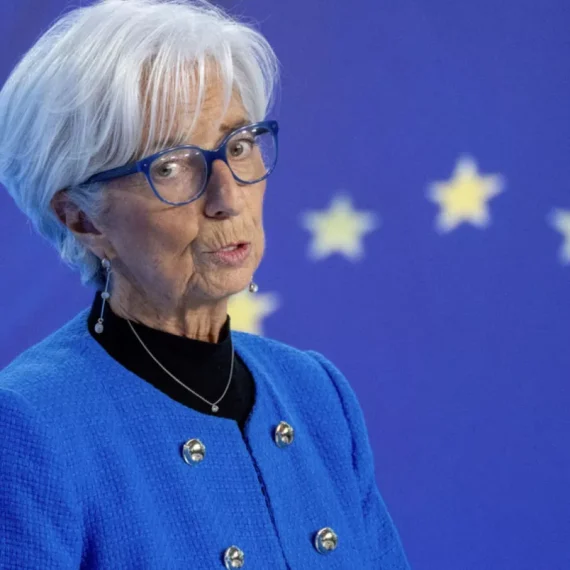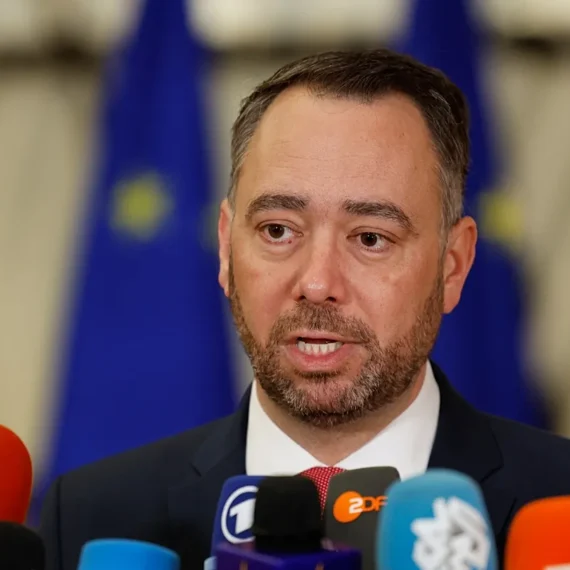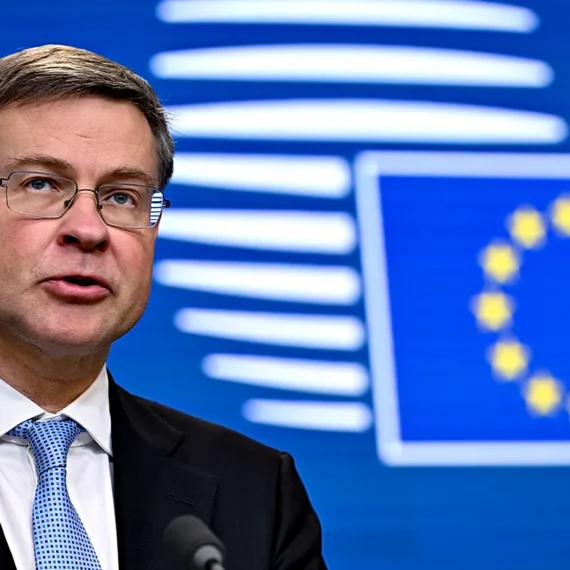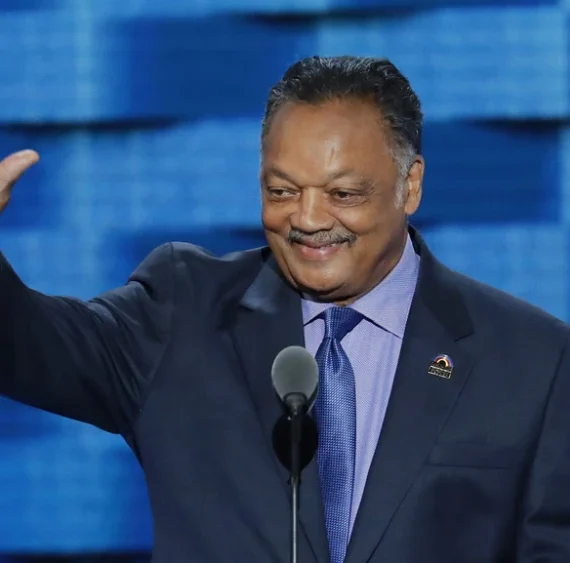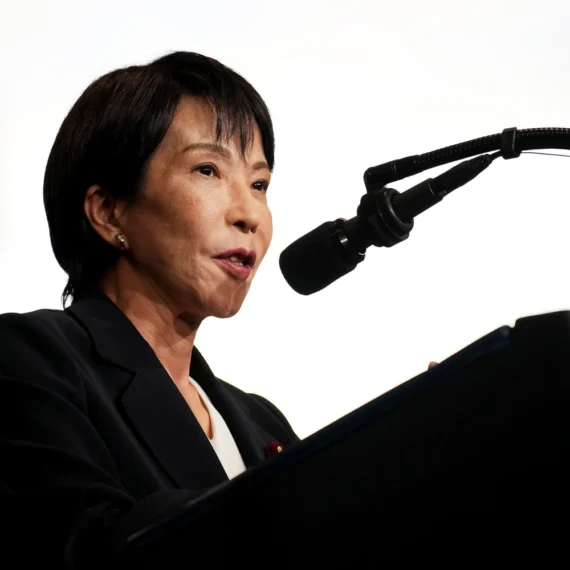A prominent global policy organisation has stated that hefty interest payments on government debt and US tariff barriers will hinder UK economic growth. The UK growth forecast by the Organisation for Economic Co-operation and Development (OECD) was lowered from 1.4% in March to 1.3% this year.
Due to trade tensions, the think tank has lowered its estimates internationally. However, it stated that the UK faced unique challenges because of its “very thin” cushion in public finances, and it urged Chancellor Rachel Reeves to increase tax revenue and reduce expenditure.
In response to the OECD’s remarks, Reeves stated that she was “determined to go further and faster to put more money in people’s pockets through our plan for change.” Reeves will present her spending review next Monday, during which she will have to make difficult decisions regarding the distribution of departmental money.
The NHS is anticipated to be a focus in light of Labour’s promise to cut waiting lines, and the government has already committed billions of pounds to defence. To recover headroom against her self-imposed budgetary limitations, Reeves was had to propose £14 billion in measures in March, including £4.8 billion in welfare cutbacks.
Although the UK’s economic growth was higher than anticipated and increased by 0.7% between January and March, the OECD warned that “momentum is weakening” because of “deteriorating” business mood. Instead of the 1.2% it had projected a few months ago, it predicted that the UK economy will grow by 1% in 2026.
Also Read:
In Texas, a Deadly Measles Outbreak Does little to Dispel Vaccine Skepticism

